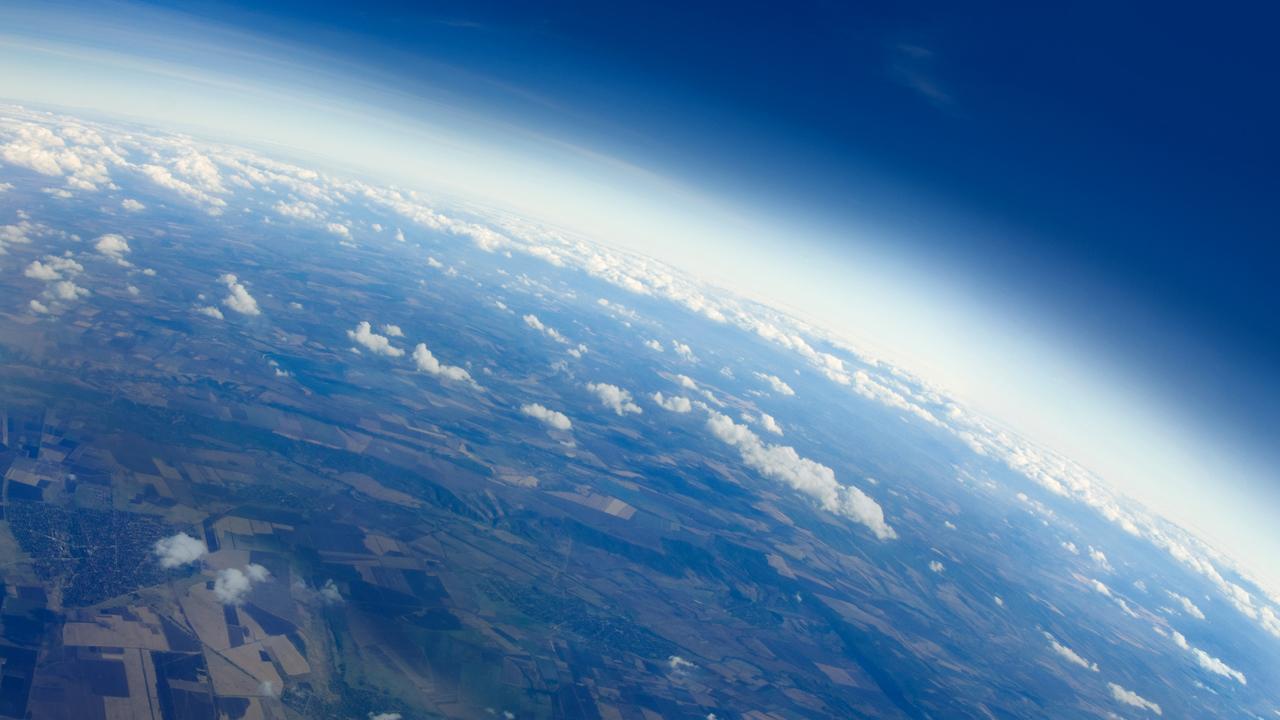Forecasts of what the weather will be are no longer enough. Impact-based forecasts that inform the public of what the weather will do are vital to save lives and livelihoods

Representative Image. Pic/iStock
Yet, one in three people are still not adequately covered by early warning systems, the World Meteorological Organisation (WMO) said ahead of the World Meteorological Day 2022 on March 23.
Weather, climate, and water extremes are becoming more frequent and intense in many parts of the world as a result of climate change. More of the world regions are exposed than ever before to multiple related hazards, which are themselves evolving as a result of population growth, urbanization, and environmental degradation.
"Greater coordination between national meteorological and hydrological services, disaster management authorities and development agencies are fundamental to better prevention, preparedness and response," the WMO said in a release.
Covid-19 has complicated the challenges facing society and weakened coping mechanisms.
"The pandemic has also highlighted that, in our interconnected world, we need to embrace a truly multi-hazard, cross-border approach to make progress towards global goals on climate action, disaster risk reduction and sustainable development," it said.
Being prepared and able to act at the right time, in the right place, can save many lives and protect the livelihoods of communities everywhere, both now and in the future.
World Meteorological Day on March 23 this year, therefore, has the theme 'Early Warning and Early Action', and spotlights the vital importance of Hydrometeorological and Climate Information for Disaster Risk Reduction.
Increasing risks
Over the past 50 years, there were more than 11,000 reported weather, climate, and water-related disasters, resulting in just over 2 million deaths and $3.64 trillion in economic losses. That breaks down to a daily global average of 115 deaths and $202 million in economic losses.
According to WMO's 'Atlas of Mortality and Economic Losses from Weather, Climate and Water Extremes 1970-2019', the number of disasters increased five-fold between 1970 and 2019 while the economic losses increased even more -- by a factor of seven.
"However, thanks to improved early warnings and disaster risk reduction strategies, the number of deaths decreased almost three-fold since 1970," the WMO said.
Gaps in Multi-Hazard Early Warning Systems
Pointing out that just 40 per cent of WMO members have Multi-Hazard Early Warning Systems (MHEWS), the WMO said, there are large gaps in weather observations, especially in Africa and Small Island Developing States.
The WMO Global Multi-hazard Alert System (GMAS) seeks to address the challenges by increasing the availability of authoritative warnings and information from the WMO Severe Weather Information Centre and to support early action.
GMAS seeks to leverage and strengthen national early warning systems and alerting authorities, capacity and investment, and cross-border cooperation. It embeds the so-called Common Alerting Protocol -- automated and standardized emergency warnings which are suitable for all hazards and all telecommunications media, and which communicate key facts such as: What is it? Where is it? How soon is it? How bad is it? What should people do?
"Experience shows that straightforward warning symbols and colour codes (e.g., red, amber, green) are highly effective," it said.
This story has been sourced from a third party syndicated feed, agencies. Mid-day accepts no responsibility or liability for its dependability, trustworthiness, reliability and data of the text. Mid-day management/mid-day.com reserves the sole right to alter, delete or remove (without notice) the content in its absolute discretion for any reason whatsoever.
 Subscribe today by clicking the link and stay updated with the latest news!" Click here!
Subscribe today by clicking the link and stay updated with the latest news!" Click here!










